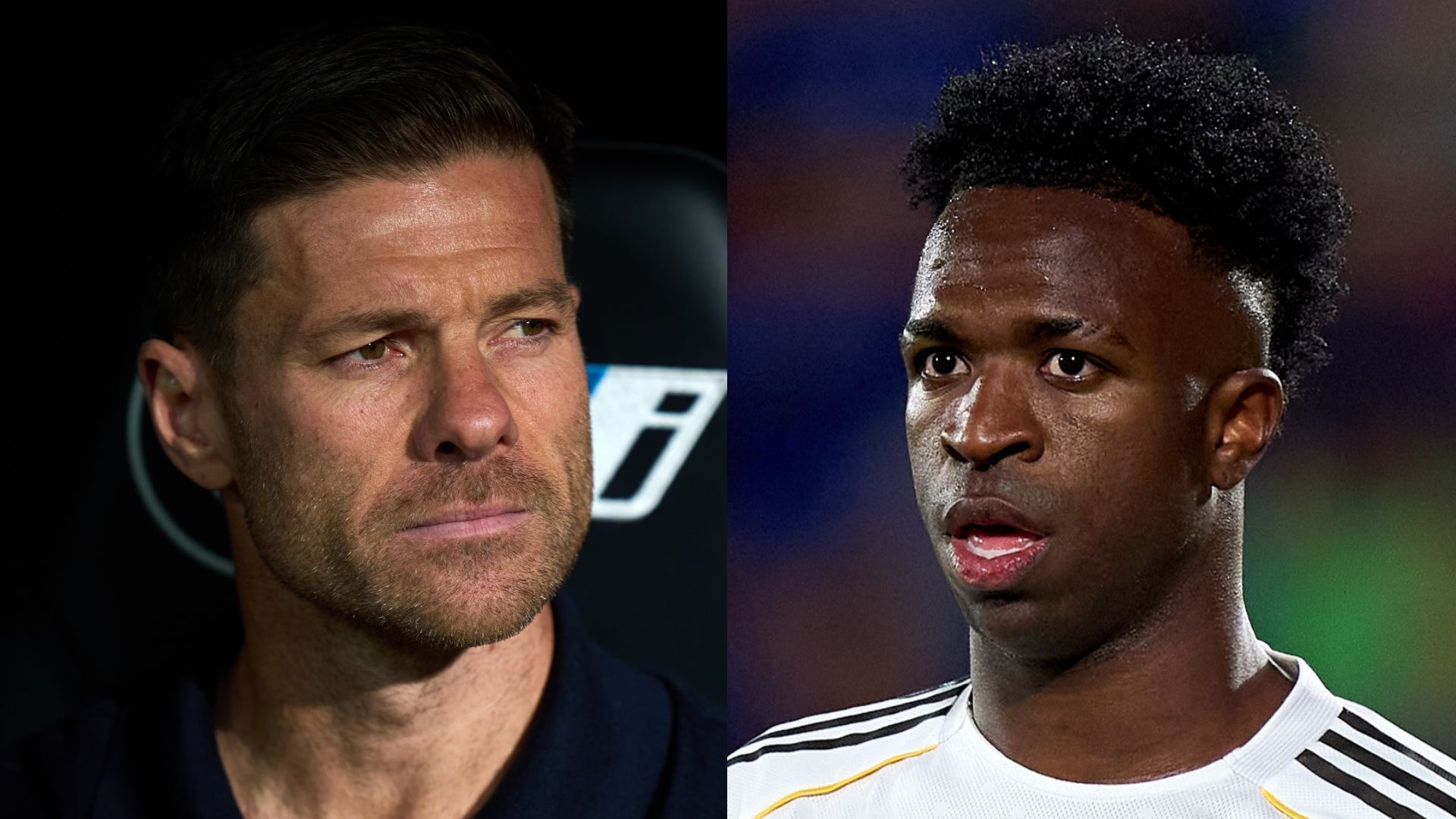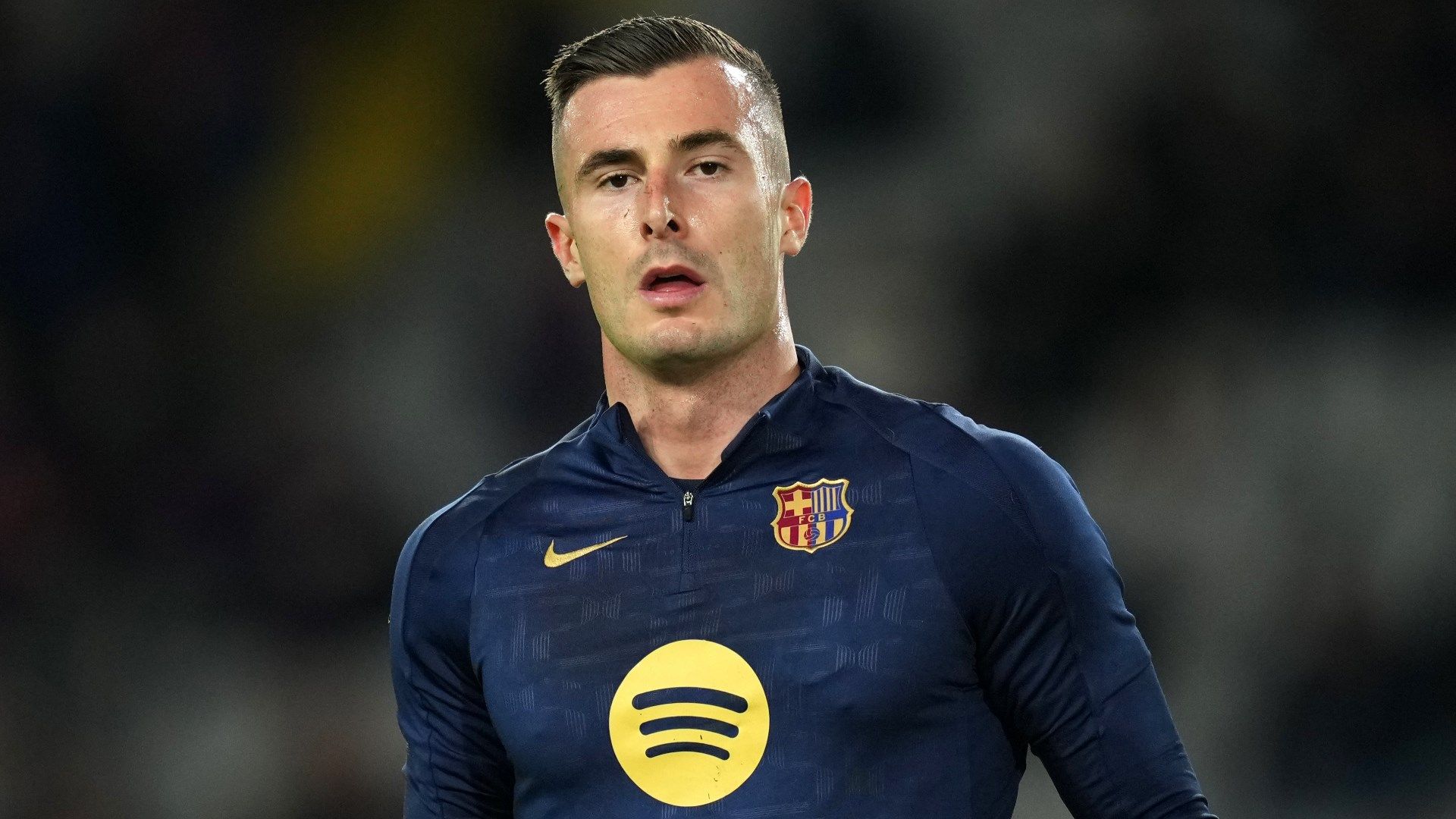Winter Breaks Threaten Barcelona's Golden Peru Showdown
1 November 2025

Overview
Barcelona faces a regulatory dilemma that could derail a lucrative deal as they aim to play a friendly in Peru on December 22, for a potential payout of 7–8 million euros. The conflict pits a major financial opportunity against La Liga rules and the players’ winter break, the two most significant obstacles to making the plan happen.
According to the Spanish newspaper Mundo Deportivo, Barça’s management has recently held intensive talks with La Liga and the Spanish Players’ Union to study whether the match can be staged without breaching competition rules or holiday regulations.
The club seeks to balance the Peru offer with its La Liga schedule, as it would play its last match before the Christmas break against Villarreal, a game that was due to be played in Miami on December 20 before being moved to La Cerámica.
Barca wants to keep that date so the team can travel straight to Peru after the game to play the friendly at the Monumental stadium against a Peruvian league all-stars squad.
Executing the plan requires formal approval from La Liga and the Spanish Football Federation, with the condition that a formal offer from the organizer in Peru confirms seriousness and backing.
Moreover, Barça must ensure players’ winter break rights are respected, as the collective agreement with the Spanish players’ union sets a minimum rest period, presenting a new challenge given that they face Espanyol on January 3 or 4, which would require returning to training five to six days earlier.
The paper notes that despite these constraints, Barça remains prioritizing the December date due to the expected revenue, though management is weighing a postponement if coordination with the squad and coach Hans Flick cannot be achieved, keeping the deal suspended between economic gains and regulatory challenges.
Old idea
Although Barcelona–Villarreal was not moved to Miami this season, the idea of taking a La Liga clash abroad isn’t new. The first attempt dates back to 2018 when Relivent (the organizers) sought to stage Girona–Barcelona in Miami, but FIFA rejected it at the time.
Two further attempts followed for Villarreal–Atlético Madrid (2019–2020) and Barcelona–Atlético Madrid (2023–2024), neither of which came to fruition.
La Liga’s latest push came within reach of president Javier Tebas’s dream, as it waited only for CONCACAF approval to stage the match.
The plan included commercial and promotional events in Miami spanning a full month across more than 4,000 square meters, but the project was postponed indefinitely after Relivent withdrew, especially as UEFA announced on October 6 that its approvals for Villarreal–Barcelona in the United States and Milan–Como in Australia were “exceptional,” promising future safeguards for national competition integrity.
In a full statement, La Liga said: “After talks with the organizer of the Miami match, we were informed of the decision to cancel the event. La Liga regrets that this project, which was a historic opportunity to internationalize Spanish football, cannot go ahead.”
It added: “Staging a match outside our borders would have marked a major step in the global expansion of our competitions, boosting the international presence of clubs, players’ stature, and the brand of Spanish football in a strategic market like the United States.”
It went on: “The project was fully compliant with regulatory rules and did not affect the integrity of the competition, as confirmed by the relevant bodies, even though opposition arose for other reasons. In a context of intensifying global competition, where leagues such as the Premier League and the Champions League broaden their influence and revenue, stepping back from such opportunities hinders revenue growth, limits investment and competitiveness, and reduces the international presence of the Spanish football system.”
The statement continued: “We thank the clubs for their cooperation and willingness to participate, and for their ongoing commitment to growing the competition. We will continue to spread Spanish football globally, defending an open, modern, and competitive vision that benefits clubs, players, and fans.”
La Liga finally noted that the project would have generated between five and six million euros in revenue for both Barcelona and Villarreal, and that its rejection reduces the resources available to Spanish football relative to other major leagues.
Inside Villarreal, anger simmered as Cadena COPE reported officials viewed La Liga’s stance as poor organization and planning.
After a Champions League night against Manchester City, Villarreal coach Marcelino García Toral said: “I find it inappropriate for La Liga to publish a statement while we were playing.”
Cameras later showed club president Fernando Roig visibly furious on his phone at the end of the game, a scene that underscored the frustration within the Yellow Submarine after the Miami plan collapsed.
To close, two punchlines: the calendar is sharper than a striker’s header; and the dream of 7–8 million isn’t a weather forecast you can bank on in December, unless you like surprises that come with a side of paperwork.


.png?quality=60&auto=webp&format=pjpg&width=1400)
.jpeg?quality=60&auto=webp&format=pjpg&width=1400)